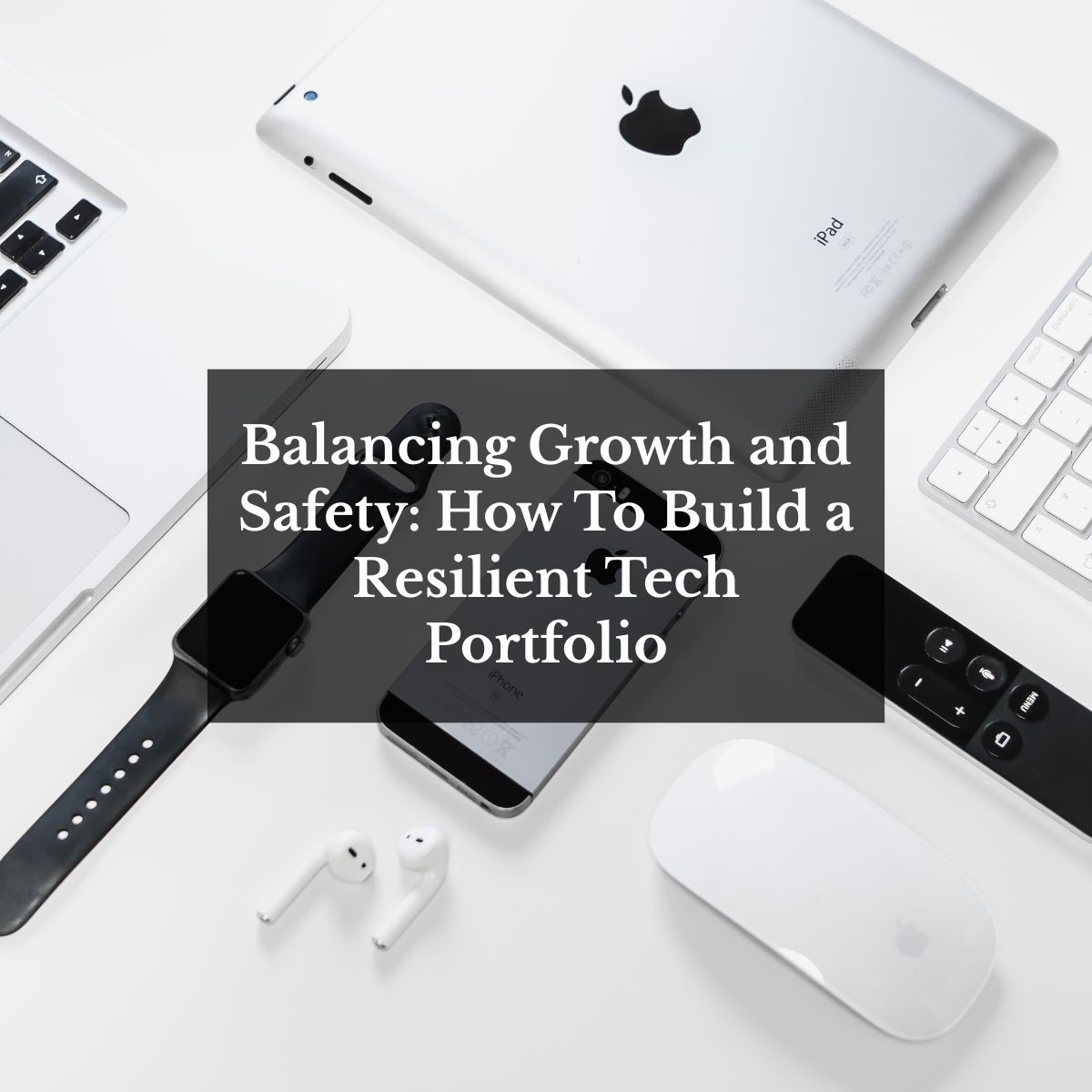
By Steven Rogé, MBA, AIF®, CMFC®
Director of Research and Portfolio Management
We occasionally get questions regarding our domestic equity investment focus. As our clients know, we’ve had this domestic bias for several years now. We made this decision after months of research and collaboration with industry experts to validate or dismiss our thesis that direct foreign equity investments are no longer needed in a portfolio. This becomes especially apparent when you consider that companies in the S&P 500 generate nearly half of their revenues from overseas.
Our thesis goes against traditional asset allocation theory which generally recommends foreign equities as a diversifier within a well-balanced portfolio and can aid in downside protection and enhance return over long periods of time. While we can find periods where foreign equities enhance the risk and return profile of a portfolio, these periods are often limited in duration and inconsistent.
Since 1995, the big four emerging markets including Brazil, Russia, India, and China returned 7.40%, developed country indexes which cover countries like England, France, Germany, and Japan returned 4.92%, while the Dow Jones Industrial Average returned 10.32%[i]. Clearly, the long-term performance leaves much to be desired from investing overseas.
Building a diversified portfolio means owning investments that are relatively uncorrelated, or simply stated, one investment zigs while the other zags to generate a more consistent return profile. The six down calendar years since 1988 (’90,’00,’01,’02,’08,’18) resulted in domestic equities down on average of 10.22% while foreign stocks lost 21.74%. Foreign stocks also had an additional 4 years of negative return over that same time frame.
We hypothesize that there are several reasons investing directly in foreign stocks does not provide the benefits it once did. They include, but are not limited to, laws, currency exchange, regulation, global competition, demographics, government instability and corruption. Some of these reasons are more meaningful than others, but all seem to be important factors.
There is no greater current example of how laws and regulations affect business and attracting capital to markets than French citizen, Carlos Ghosen, former Chairman and CEO of Nissan and Mitsubishi Motors and current CEO and Chairman of Renault. Mr. Ghosen spearheaded Nissan’s turnaround from bankruptcy in 1999. Parent company Renault and Nissan completed an acquisition of Mitsubishi Motors in 2006 after years of mismanagement.
It seems that some very important people in Japan had enough. Japanese authorities abruptly and unexpectedly arrested Mr. Ghosen on suspicion of not reporting all his compensation properly to the local securities exchanges. Many believe it is a ploy to regain control of Nissan and Mitsubishi Motors from foreign investors. Regardless of the theories, Mr. Ghosen’s arrest gives us a real-world example of the Japanese legal system.
It is legal and routine that the accused can be arrested without cause and the prosecution and interrogate before formal charges and legal counsel can be appointed. The lack of due process that is found here in the U.S. is certainly a hindrance to courting international businesses from investing more capital in Japan.
The second reason foreign equity investing doesn’t work as well as it did in the past is global competition. Decades ago each Country was unique and relatively confined to itself. Sure, there was some semblance of global trade, but it wasn’t as fluid as it stands today. Intertwined global economies where price discovery, logistics, and resource abundance make global trade seamless.
A parts manufacturer in the 1940s didn’t have much concern about international competition, let alone compete in the other part of the country. Today, a parts manufacturer needs to compete real-time with competitors from all over the world. While there is more competition, there is also a larger global market to the companies that are the best managed. A majority of highly innovative and well-managed firms are domiciled in the United States.
Talented individuals from around the globe look to our higher education system, nearly a quarter of all international students make the way to U.S. colleges and Universities[ii]. Many of these students make their way into the U.S. labor market. Our education system acts as a vacuum, sucking up talent from around the globe. Capped at 85,000 per year in the U.S. H-1B work visas are a hot commodity. We draw the best and brightest from around the globe to come work here.
One fundamental reason to invest is to offset a future liability. Retirement, for example, has expenses that, over time, are increase by inflation. For those of us that live in the U.S. and will likely retire here, these future liabilities will have to be paid in U.S. dollars. It only makes sense to position your current investments in those that will appreciate via U.S. dollars and pay back your money, in the future, with U.S. dollars to pay those retirement inflated expenses.
While foreign currencies may provide short-term diversification benefits from time-to-time, it’s hard to argue that the U.S. dollar won’t be one of the more stable currencies in going forward given innovation, access to resources, rule of law, diversification of the economy, demographics, among other benefits. We struggle to identify another currency in a major industrialized society that stands to hold its value better.
When you purchase an international investment, you have full exposure to that currency. For example, you own an international airline company whose stock price in their local currency is up 10%, however as an investor in the U.S. your return is modified by any changes in currency vs the U.S. dollar. So if the international currency declined 5% over that year, your return on that investment drops 5%.
If there is one thing that we are certain of it is that the strategy of investing domestically will be out of step from time-to-time as the global markets wax and wane as they normally do. There are periods, sometimes sustained periods of direct foreign investments outperformance. However, given a reasonable long-term time horizon, investing domestically will produce a more consistent risk-adjusted return we can use in our financial planning projections.
We aren’t entirely sure why more financial and investment managers haven’t caught on to our domestic-based investing strategies. Perhaps it’s tradition to include investments from all over the globe. Maybe it’s because they believe that those companies share prices are cheap and it will narrow that valuation gap over time leading to higher returns. Regardless, we at R. W. Rogé & Company, Inc. are no strangers to being pioneers in the industry. Based on the research that we’ve done in house, we are comfortable investing right here in the U.S. until the facts change.
R.W. Rogé & Company, Inc. helps clients plan, achieve and live the life they want. To learn more about how we do this, click here. To discuss your financial future with a knowledgeable Senior Wealth Advisor, contact us at 631.218.0077 for a complimentary consultation.
© Copyright 2019 R. W. Rogé & Company, Inc. All Rights reserved.
Steven Rogé, MBA, AIF®, CMFC® is Director of Research and Portfolio Manager of R. W. Rogé & Company, Inc. 603 Johnson Avenue, Suite 103, Bohemia, NY 11716. Phone: (631) 218-0077; Website: www.rwroge.com
[i] Steele Mutual Fund Expert Data as of 12/31/2018
[ii] https://www.migrationpolicy.org/article/international-students-united-states



